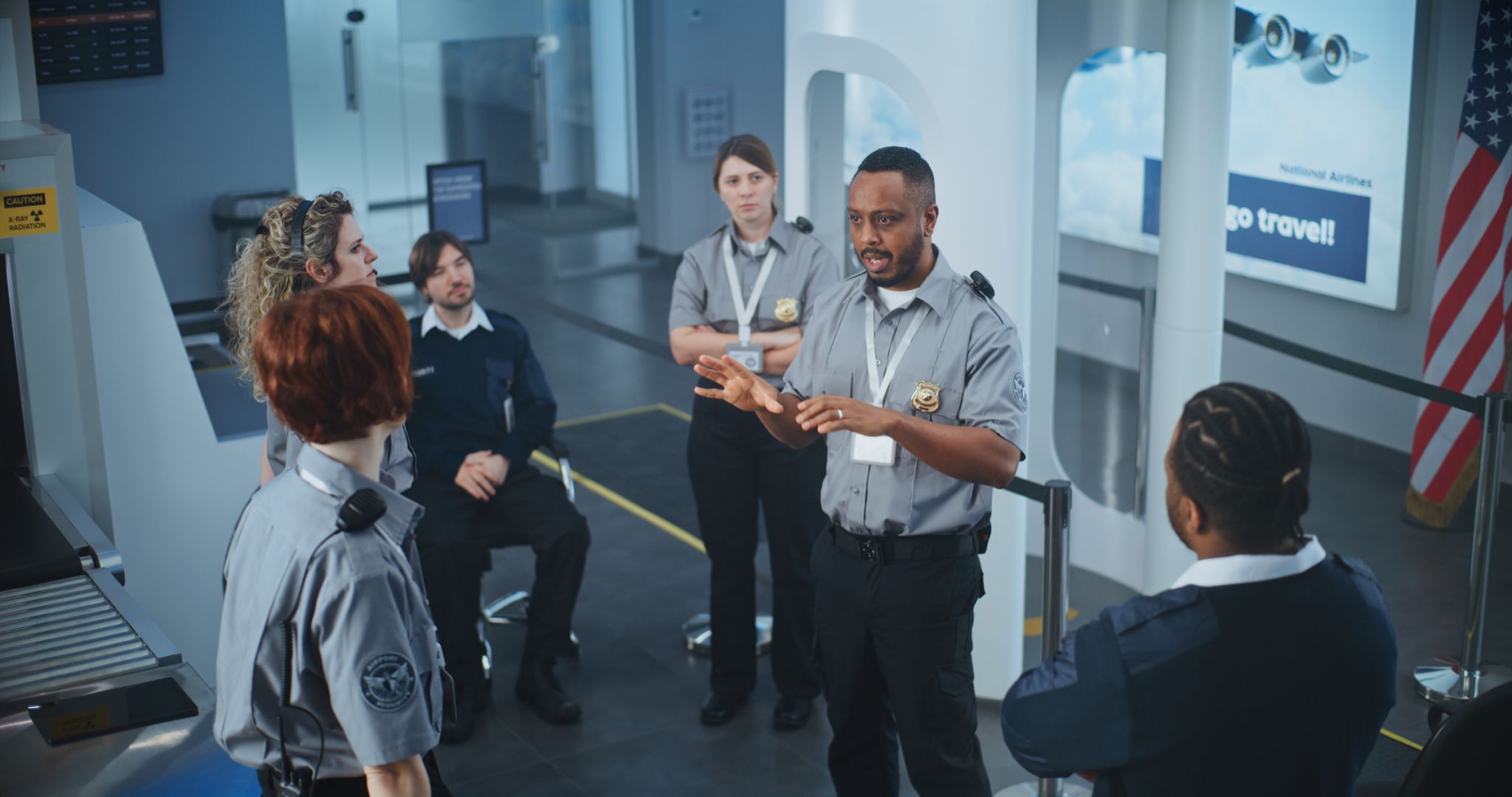Understanding the Legal Aspects of Security Services in Thailand
Introduction to Security Services in Thailand
Thailand, known for its vibrant culture and bustling cities, requires robust security services to maintain public order and safety. As the demand for security services grows, understanding the legal framework governing these services becomes crucial for businesses and individuals alike.

The Legal Framework for Security Services
The Private Security Business Act B.E. 2558 (2015) is the primary legislation regulating security services in Thailand. This Act outlines the requirements for establishing and operating a security service company, as well as the standards for training and conduct of security personnel. Adhering to this legislation is essential for any business offering security services in the country.
Licensing and Registration
Before commencing operations, security service providers must obtain a license from the Department of Provincial Administration under the Ministry of Interior. This ensures that only qualified entities are allowed to offer security services. The licensing process involves a thorough background check of the company’s directors and a review of its financial stability.

Training and Certification Requirements
Security personnel in Thailand must undergo specific training programs approved by the government. These programs cover a range of topics including legal knowledge, emergency response, and client service. Upon completion, personnel receive certification, which is mandatory to work as a security guard in Thailand.
Standards of Conduct
The law also establishes strict standards of conduct for security personnel. They are expected to perform their duties ethically, respecting the rights of individuals while maintaining public safety. Any misconduct can lead to severe penalties, including revocation of their certification.

Challenges in the Security Sector
Despite the clear legal framework, challenges remain in enforcing compliance across the sector. Issues such as unlicensed operators and inadequate training continue to pose risks. The government is actively working to address these issues through increased inspections and stricter penalties for non-compliance.
The Role of Technology
Technology is playing an increasingly significant role in enhancing security services in Thailand. From surveillance cameras to advanced communication systems, these tools help security personnel perform their duties more effectively. Companies are encouraged to integrate technology to improve service delivery and compliance with legal standards.
Conclusion
Understanding the legal aspects of security services in Thailand is essential for anyone involved in or considering entering this sector. By complying with the established laws and regulations, security providers can ensure they operate within the legal framework and contribute positively to public safety and confidence.
